1. Introduction
First the problem of abstraction. It is well known that Aristotle said little about it.(Lloyd 1981: 55)
Philosophers deal with abstractions. Being reflective, they also have come up with theories about what these abstractions are. Aristotle is no exception. Indeed, he gave what turned into a canonical account of abstraction (Weinberg : 5). Here I shall investigate what Aristotle thinks abstraction is and how he uses it.
Abstraction has a central role in Aristotles thought. Sense perception abstracts the forms of singular things from their matter. Universals are abstracted from individuals. A science cuts off a part of being and considers it in isolation by abstraction. Mathematics deals with the ultimate abstractions; metaphysics is the study of being qua being . If Aristotle is to avoid returning, like a prodigal son, to the Platonism of his teacher, it is his theory of abstraction that will make this possible.
Aristotle returned to first philosophy after doing detailed work in the various sciences. There he appeals often to their doctrines and tries to integrate them. I have found that by taking the same approach I can understand much better his curt, summary remarks in the Metaphysics . The Aristotelian tradition views his first philosophy as the culmination of his theory. Yet, like the road between Athens and Thebes, culminations have two directions. I choose the mortal way: from what is most evident to us to what is most evident in itself. Accordingly, I focus on the scientific detail and only then approach the metaphysical claims. Above all, understanding the details of his theory of relations and abstraction will illuminate his theory of universals.
The main difficulty in discussing Aristotles theory of abstraction lies in the scarcity of explicit texts. Although Aristotle refers to abstraction and cutting off at key points in discussing issues central to his philosophy, he does not explain much what is involved. Whatever theory he has to be reconstructed from scattered remarks. He does not even use the term abstraction much. For instance, after mentioning that perception consists in a process of abstraction [ An . 424a1724], he has a long treatment of perception without talking explicitly about abstraction. The same holds for his account of the knowledge of universals. Often he merely notes the presence of an abstraction by using the qua locution. So my project requires a lot of reconstruction. I hope that the reconstructed theory will explain many puzzles of Aristotles thought. Their successful solutions would offer confirmation to my reconstruction of Aristotles theory of abstraction. Accordingly, while proceeding I shall be offering solutions to various puzzles in Aristotles thought in order to motivate accepting my position.
Abstraction (

) in Greek has many uses. The central one that I find in Aristotle is: selective attention . This consists in focussing on an aspect, typically a general one, and then looking at features belonging to that aspect, while ignoring the remaining ones. Aristotle often indicates the presence of such an abstraction by speaking of something qua this or qua that.
Although Aristotle has no treatise on abstraction, he does discuss its formal properties en passant while pursuing other issues. I list below some of the features of Aristotles theory of abstraction on the interpretation that I shall be developing:
Abstraction is a relation .
Perception and knowledge are types of abstraction.
The objects generated by abstractions are relata .
Relata can serve as subjects in their own right, in the mode of as if, while being least of all substances.
When relata serve as subjects in their own right, they can appear as items in other categories.
Distinguish the concrete from the abstract paronym . Strictly, the items in accidental categories are abstract paronyms ; the concrete paronyms are the abstract ones being in a subject.
In science, universals come from individuals via perceiving and knowing in a repeated, recursive process of abstraction. For instance, the quality of snubness comes from sense perceptions of noses, and the mathematical quality of concavity comes from thinking about snubness.
Induction is a type of abstraction, typically moving from the perceived individuals to universals. The universals are already present in or are constituents of the individuals being perceived but in a scattered way. (We do not perceive, per se and strictly, individual substances , but only accidents.) As far as our experience is concerned, the universals existing in re have been routed. Nos is the ability to see universal patterns in what is being perceived.
Aristotles Metaphysical vocabulary is relational : although the expressions do not name items in the category of relation , they satisfy the relational criteria, like relational conversion: for instance, matter and form; potentiality and actuality ; part and whole.
These relational structures are intrinsic ; that is, they describe constituents of the essence or individual substance .
The relation of an individual substance to its universals is along the lines of the structure of parts and wholes.
Only individual substances exist in the full, primary sense. Other things exist only in relation to them. Universals, accidents, forms, causes , and potentialities have being only as abstract aspects of individual substances .
An individual substance is identical to its essence. The definition of such an essence is a statement about it, and so gives its necessary, universal predicates. This sort of definition does not give a synonym of the individual essence but is a statement about that essence.
The essence has universal features but is the singularity making the individual substance what it is. In fact the world turns out to have such singularities forming natural kinds.
One main attraction in working out the details of Aristotles views on abstraction lies in understanding his metaphysics of universals as abstract objects. These universals will have a real basis in reality without existing apart from their exemplars as Plato s Forms do. Aristotle thinks that this is possible because he thinks that abstract objects have a relational structure. On his view relations have no independent existence or persistence through change. Still in theorizing they may be considered as if they were independent.
So I stress heavily the importance of Aristotles views of abstraction. You might see this too as a medievalist bias: the scholastics were the masters of abstraction. On the other hand, perhaps I am reclaiming past ground. From a historical perspective the main philosophical tradition of abstraction has been ignored in recent times, so much so that abstract has come to mean non-physical.
My approach has a great advantage: it fits the text, not only in its details but in its relative length. Aristotle does not agonize much over the status of his forms, despite his ongoing debate with Plato and his successors. On my view this follows from his already having constructed most of the details of his position before he gets to the Metaphysics , in the order of exposition if not in time.

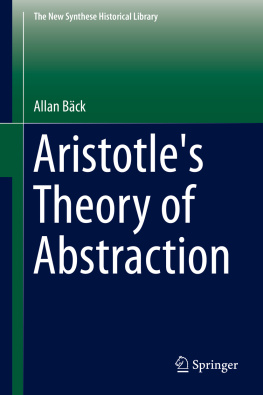
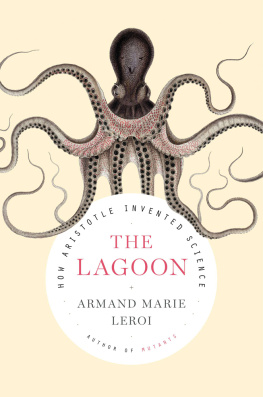
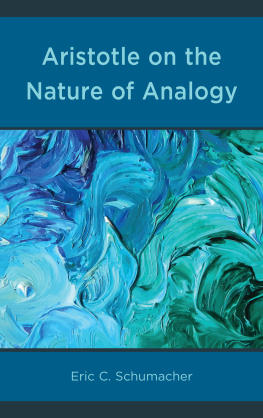
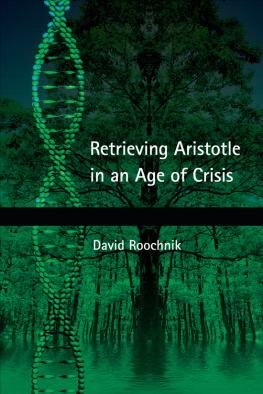
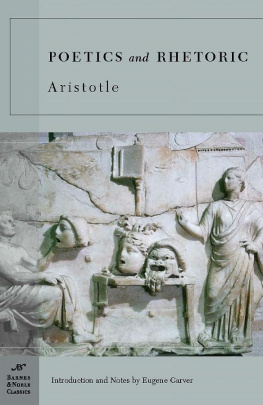
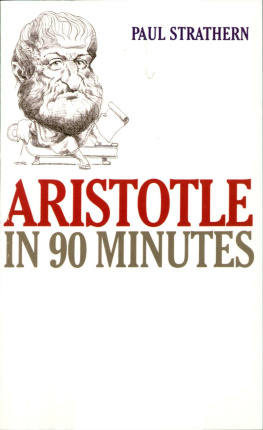

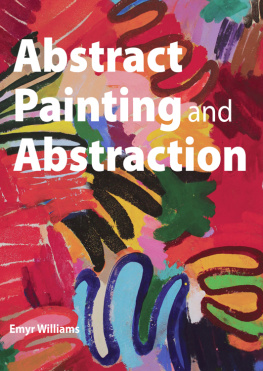
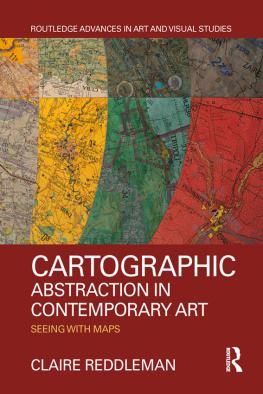
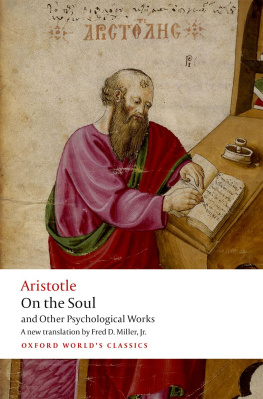
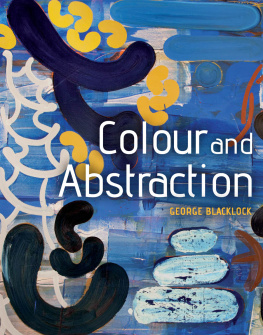
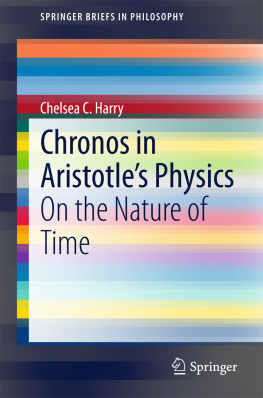
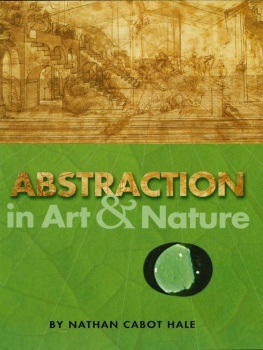
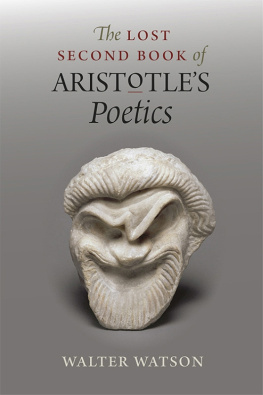
 ) in Greek has many uses. The central one that I find in Aristotle is: selective attention . This consists in focussing on an aspect, typically a general one, and then looking at features belonging to that aspect, while ignoring the remaining ones. Aristotle often indicates the presence of such an abstraction by speaking of something qua this or qua that.
) in Greek has many uses. The central one that I find in Aristotle is: selective attention . This consists in focussing on an aspect, typically a general one, and then looking at features belonging to that aspect, while ignoring the remaining ones. Aristotle often indicates the presence of such an abstraction by speaking of something qua this or qua that.